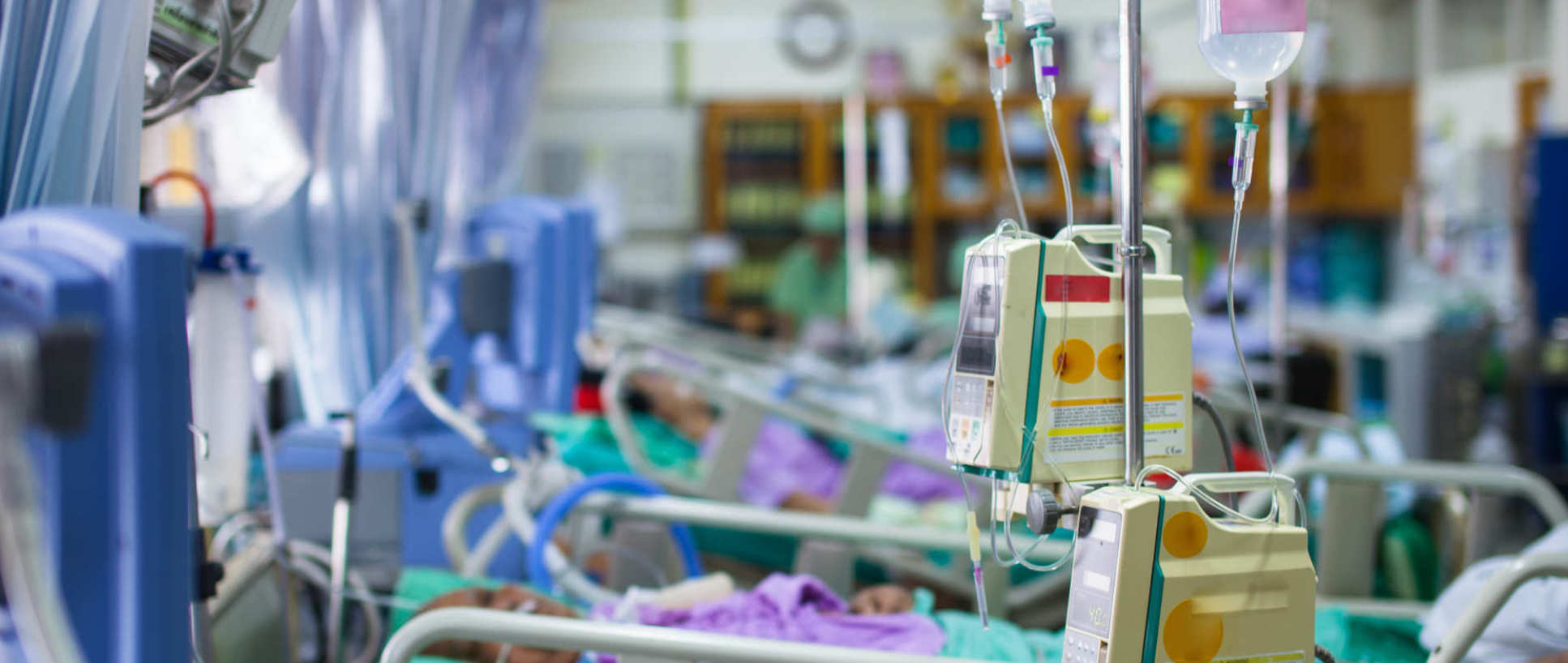BibTex format
@article{Vizcaychipi:2010,
author = {Vizcaychipi, MP and Keays, R},
journal = {http://www.sciencedirect.com/science/journal/14720299},
pages = {37--41},
title = {Anaesthesia and intensive care in HIV patients},
volume = {11},
year = {2010}
}
RIS format (EndNote, RefMan)
TY - JOUR
AB - HIV is a blood-borne viral infection that has implications for anaesthesia and intensive care. HIV was initially described in 1981 and it was associated with very high mortality when patients were admitted to intensive care. There have been several advances in the management of HIV patients over the past decades. Antiretroviral therapy is targeted to individuals with high viral load and or symptoms apart from CD4 count. This approach not only helps to keep patients free of symptoms for a long period of time but also contributes to better survival duration and outcome when patients are admitted to intensive care. It has been a challenge to anaesthetize this group of patients because drug interaction is a potential risk and regional anaesthesia may be potentially hazardous if a cautious and exhaustive neurological examination is not performed. New generations of drugs may be more effective and, hopefully, have fewer side effects. There will be more patients in long-term remission from the disease but its implications are still unclear. This disease is no longer rare and clinicians need to have a working knowledge of its presentation and management.
AU - Vizcaychipi,MP
AU - Keays,R
EP - 41
PY - 2010///
SP - 37
TI - Anaesthesia and intensive care in HIV patients
T2 - http://www.sciencedirect.com/science/journal/14720299
VL - 11
ER -
 Critical care involves the care of the sickest patients in the hospital. Critically ill patients have usually been through a significant insult to their body (such as trauma, infection, burn) and have developed organ failure and require life-support. Critical Care is the largest theme bringing together clinicians and scientists from diverse backgrounds and includes collaborative research from hospitals throughout north-west London. Investigations range from evaluating biological mechanisms of organ failure through to the development of innovative technologies which allow the short-term and long-term support and recovery of organs.
Critical care involves the care of the sickest patients in the hospital. Critically ill patients have usually been through a significant insult to their body (such as trauma, infection, burn) and have developed organ failure and require life-support. Critical Care is the largest theme bringing together clinicians and scientists from diverse backgrounds and includes collaborative research from hospitals throughout north-west London. Investigations range from evaluating biological mechanisms of organ failure through to the development of innovative technologies which allow the short-term and long-term support and recovery of organs.